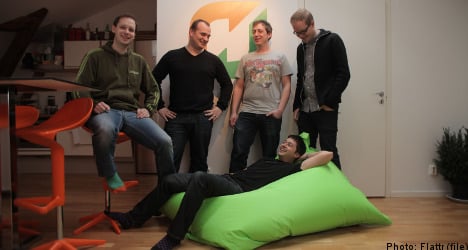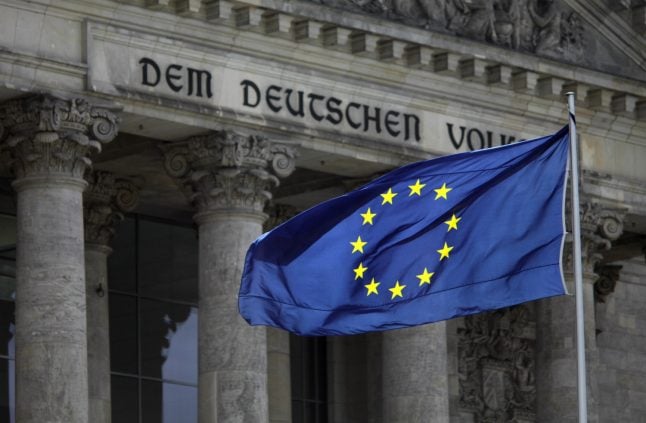Credit card operators MasterCard and Visa and rival online payment system PayPal have shut down donations to WikiLeaks in the last week on the grounds that the site engages in illegal activities.
“As long as there is no sign that they are doing anything illegal, we will continue,” Flattr spokesman Niklas Silfverström told The Local on Thursday.
According to WikiLeaks, the site also accepts donations via transfers through an Icelandic bank, as well as a German foundation. But after Swiss/Icelandic internet company DataCell suspended an online donation system linked to Visa and MasterCard, Flattr is now the only way to make online donations to WikiLeaks.
Unlike PayPal, Flattr, which is based in Limhamn in Malmö in southern Sweden, charges a minimal €2 monthly fee, with which users can donate as little as €0.01 (9 öre, $0.01) – or less – to websites they want to support.
Sunde described the site as “not actually micropayments, it’s nanopayments” in an FT.com Tech Blog article in July.
“The idea had already been initiated in 2007, but the first release was in 2010 due to typical geeky laziness,” the company wrote on its website.
The site, named both for flattering someone and a flat-rate payment model, believes it is attractive to users who would otherwise hesitate to donate amounts under €10 since users can donate as little as €0.01 – or less.
The site now has 50,000 user accounts compared with 20,000 members prior to its open beta launch in August.
Traffic to the site spiked following the release of WikiLeaks’ Iraq documents in August, but Silfverström said it remains unclear whether the site has received more traffic after MasterCard, Visa and PayPal banned donations to WikiLeaks.
Users can deposit funds into a Flattr account through Visa, MasterCard or Nordea through MoneyBookers or PayPal, both of which charge fees.
When asked whether he thought it was ironic that Flattr is funded through the credit card companies, Silfverström said, “We are trying to find alternative means to do transactions and payouts, but we depend on the bigger organisations.”
“The difference is we distribute the money to WikiLeaks, but there is always the risk that we will be shut down too,” he added.
Last week, Flattr won a grant worth more than 320,000 kronor from Swedish innovation agency Vinnova to expedite the site’s international expansion. Silfverström said the funds will be used to develop newer services with Flattr and look at ways to expand.
Regarding Sunde’s activity on Flattr, Silfverström said, “He is involved on occasion, but he has other things on his mind right now.”
Sunde’s jail term for his involvement with The Pirate Bay was reduced to eight months at the end of last month.



 Please whitelist us to continue reading.
Please whitelist us to continue reading.
Member comments